Neuropsychiatric Disorders
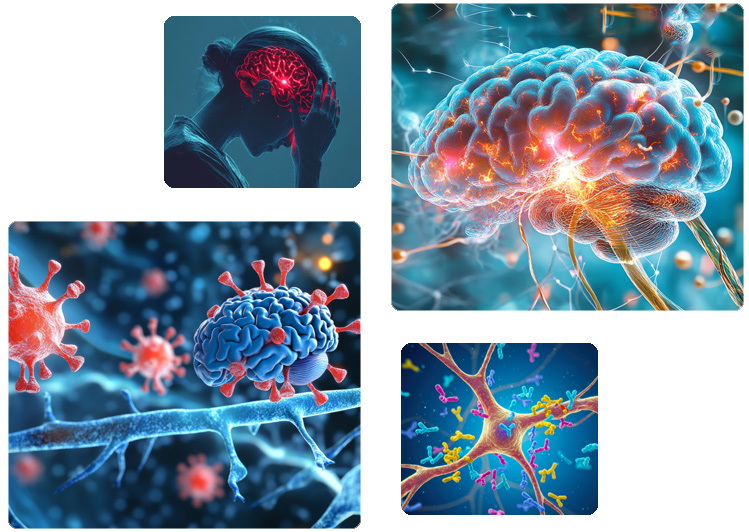
Understanding Neuropsychiatric Disorders
When the Immune System Disrupts the Brain
A neuropsychiatric disorder is a condition in which the immune system mistakenly attacks or disrupts the nervous system (brain, spinal cord, or peripheral nerves). These disorders occur when the immune system, which is designed to protect the body from harmful pathogens, becomes misdirected and targets healthy brain tissue or nerve fibers.
In patients with Neuropsychiatric Disorders, researchers are finding that common infections — like strep, the flu, Epstein-Barr virus, Lyme disease, or mycoplasma — can trigger an abnormal immune response. Instead of just fighting off the infection, the immune system creates antibodies that mistakenly attack healthy cells and receptors in an area of the brain — known as the basal ganglia.
Neuropsychiatric psychotropics typically don’t work or may worsen symptoms
This misdirected attack can interfere with how brain cells work, cause inflammation, and lead to neurological or psychiatric symptoms (i.e., anxiety, brain fog, tics, or mood changes).
For patients with Neuropsychiatric Disorders, standard treatments — like psychotropics or anti-seizure medications — typically don’t work or may worsen symptoms.

Neuropsychiatric Disorders: a diagnostic challenge
When patients with Neuropsychiatric Disorders have neurologic and psychiatric symptoms, they often face a complex diagnostic challenge. But identifying whether symptoms may be due to an autoimmune process is important, since treatment involves eradicating any underlying infection(s), reducing brain inflammation, and as necessary treating the immune system with immunomodulatory therapies – rather than treating solely with psychotropic medications.

How do infections and immune dysfunction lead to neuropsychiatric symptoms?
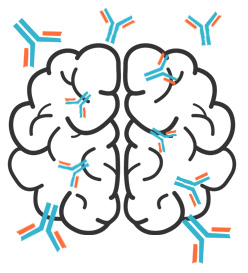
Antibody Production
In some Neuropsychiatric Disorders, antibodies produced by the immune system mistakenly target specific regions of the brain and affect neurotransmitter receptors, disrupting normal brain function.
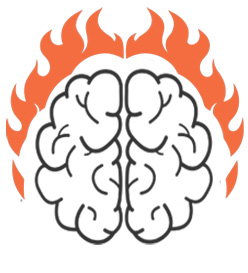
Brain Inflammation
When the immune system attacks the nervous system, it can trigger neuroinflammation, disrupting brain activity and leading to cognitive, neurological, and mood changes.
Dr. Gary Kaplan shares the story of a teenager with debilitating anxiety, mood swings and OCD whose symptoms resolved after being diagnosed with an autoimmune neuropsychiatric disorder, triggered by infections.
Could your symptoms be caused by an infection-triggered immune dysfunction?
The Autoimmune Brain Panel™ is the only test of its kind that helps identify whether a patient’s neurologic and/or psychiatric symptoms may be caused by an autoimmune response, triggered by infection(s).
Elevated levels suggest that symptoms may be related to an underlying immune dysfunction rather than a primary psychiatric or neurologic condition. Test results can help clinicians develop targeted and effective treatment plans.
Testing is simple. And involves a single blood draw.
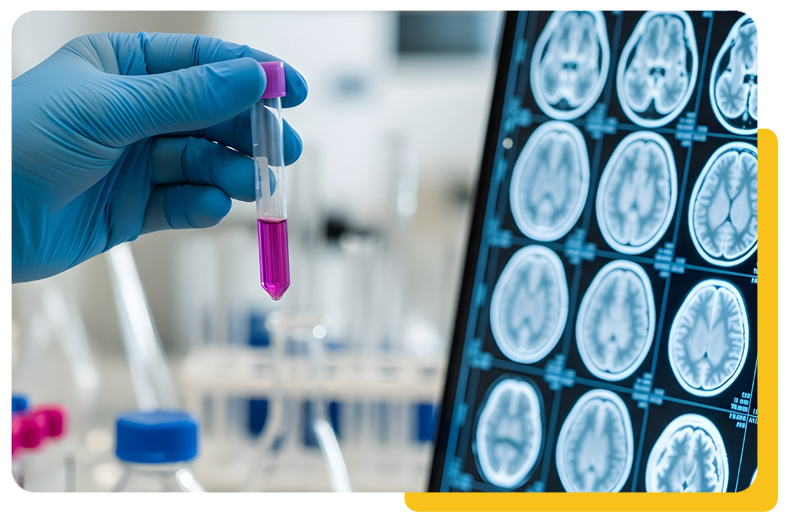
Dr. Craig Shimasaki reviews the case of a patient initially diagnosed with schizophrenia. After testing revealed an immune-mediated cause, appropriate treatment led to the complete resolution of her symptoms.

Why is it important to identify and treat Neuropsychiatric Disorders?
If your symptoms are immune-related, the right diagnosis can lead to life-changing treatment.
- Uncovering an autoimmune component typically changes the course of treatment.
- Treatment often focuses on clearing infections, calming inflammation, and, when needed, treating the immune system with immunomodulatory therapies.
- Early diagnosis and treatment has been shown to improve chances for a full recovery. 1
- With proper treatment, symptoms/behaviors often significantly improve or resolve completely. 2
References
- Shin Y-W, Lee S-T, Park K-I, et al. Treatment strategies for autoimmune encephalitis. Therapeutic Advances in Neurological Disorders. January 2018. doi:10.1177/1756285617722347. https://journals.sagepub.com/doi/pdf/10.1177/1756285617722347
- Brenton JN, Goodkin HP. Antibody-Mediated Autoimmune Encephalitis in Childhood. Pediatr Neurol. 2016 Jul;60:13-23. doi: 10.1016/j.pediatrneurol.2016.04.004. Epub 2016 Apr 12. PMID: 27343023. https://www.pedneur.com/article/S0887-8994(15)30139-9/pdf
Take the first step towards understanding your neuropsychiatric symptoms with an exclusive guide to something here, all backed by world-leading science.
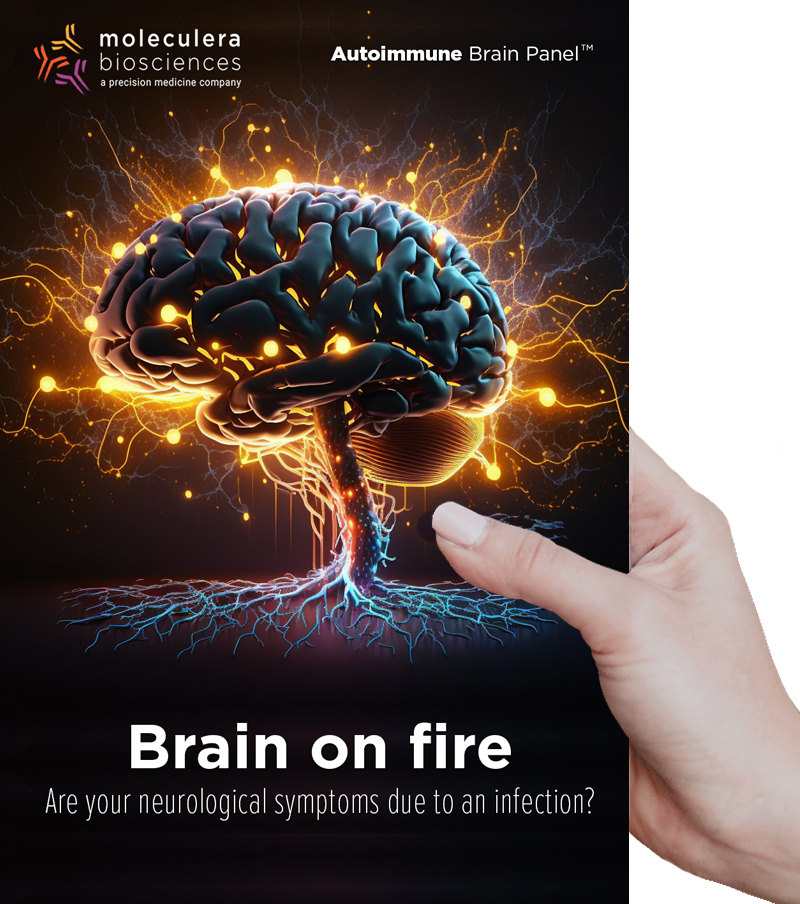

Getting answers with the Autoimmune Brain Panel™. Our next email will feature video case reports, along with patient and physician testimonials. We’ll also review statistics that highlight the accuracy and sensitivity of the Panel.
Important Information Regarding Our Emails: To make sure you don’t miss out on important updates from us, please check your spam/junk folder. If you find our email there, please mark it as “Not Spam” or “Not Junk” and add customerservice@moleculera.com to your safe sender’s list or contacts.
